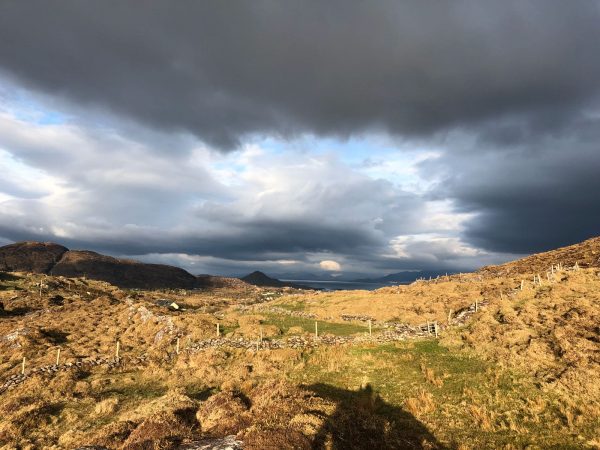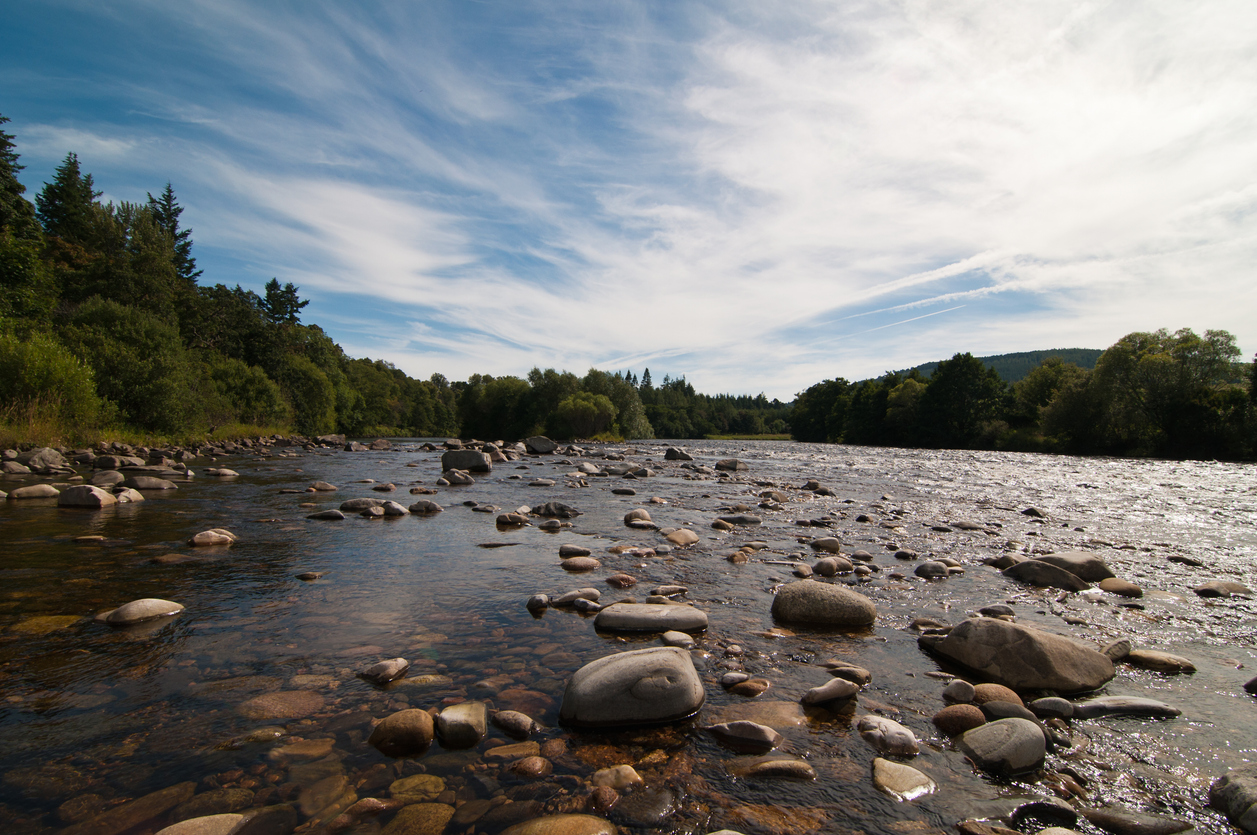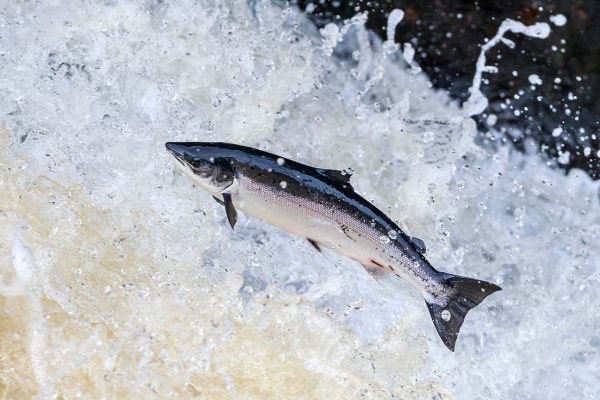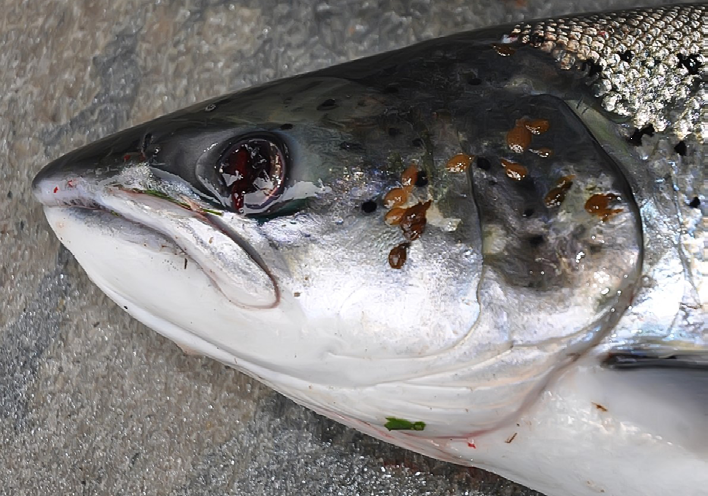Protection and Co-operation
Salmon Watch Ireland believes that protection and co-operation are the basis for giving Atlantic salmon and sea trout a sustainable future in Ireland.
SWIRL urges the government to give priority to and accelerate the bringing up to date of fisheries legislation to enable the more effective use of the protection resources of IFI.
Responsibility for the enforcement of the law in relation to fish in fresh-water, salmon out to the 12-mile limit and angling in the inshore area lies with Inland Fisheries Ireland. They are assisted in their protection work by co-operation with the Gardaí, the Air Corps and the Naval Service.
It is a formidable task not made any easier by the fact that the primary legislation governing their activities is the Fisheries Consolidation Act 1959. In addition, the protection task of IFI has become more extensive with the need to provide protection for trout and coarse fish at a much higher level than in the past.

Protection of vital salmon and sea trout stocks require co-operation and support from all stakeholders. Protection of water quality and habitat needs support
While SWIRL has no particular model to propose it seems obvious that in the protection area, as in many other areas of fishery management, IFI must find means of collaborating more effectively with all those (fishery owners, managers, clubs and associations, etc.) with an interest in the welfare of the salmon. This would enable the adoption of a more risk based approach to the allocation of protection resources.
SWIRL believes that IFI does not have, and will not have, the level of resources necessary for the adequate ‘protection, management and conservation’ of our salmon stocks and that it must, therefore, implement a genuinely collaborative approach to working with stakeholders in the salmon community.

Many miles of rivers require constant protection. Anglers are the eyes and ears and the solution to reduced protection resources.
Under the Inland Fisheries Act 2010 (‘the Act’) the principal function of Inland Fisheries Ireland (‘IFI’) is described as ‘the protection, management and conservation of the inland fisheries resource’.
Elsewhere in the Act, IFI is obliged (‘in accordance with its corporate plan’) to ‘promote, and encourage the management, conservation, protection, development and improvement of the fisheries which are not in its possession or occupation’ and to ‘encourage, organise and co-ordinate together with the inland fisheries owners, bodies and organisations, the voluntary development of inland fisheries catchment management plans and for that purpose have regard to the distinctive circumstances which pertain in each catchment systems and consult with and involve local authorities and other interested bodies and organisations’.
The current corporate plan of IFI covering the years 2016 to 2020 makes no reference to these obligations and enablers of its work. This is a pity because IFI does not now nor is it likely to have in the future, adequate resources to accomplish on its own all of the enormous task given to it in Section 7 (1).
On the other hand, the ‘private sector’ of anglers, their clubs, associations and federations together with fishery owners and managers and, very often, community organisations has deep concern for and knowledge of the rivers and catchments which they frequent. The private sector also has an ability to mobilise financial and other resources to augment those of the State in the tasks of protection and conservation.
The policies and actions required to turn around the fortunes of the Irish salmon will necessitate the mobilisation of the energy and resources of all those concerned and cannot be left only to those with statutory responsibility.
Although they are still thin on the ground in Ireland, river trusts provide a good vehicle for bringing together all those with an interest in the diverse issues which impact on a catchment. Individual UK trusts have been generous in their support for similar developments here and IFI could be more active in encouraging their development.
IFI have been quite successful (e.g. in the Celtic Sea Trout Project) in mobilising ‘citizen science’ in aid of research projects and it and its predecessor organisations have had decades of experience in working with owners and clubs on conservation projects all over the country.
In the opinion of SWIRL it is time that the lessons learned by IFI from these activities were evaluated and an active programme of engagement with the private sector launched.





